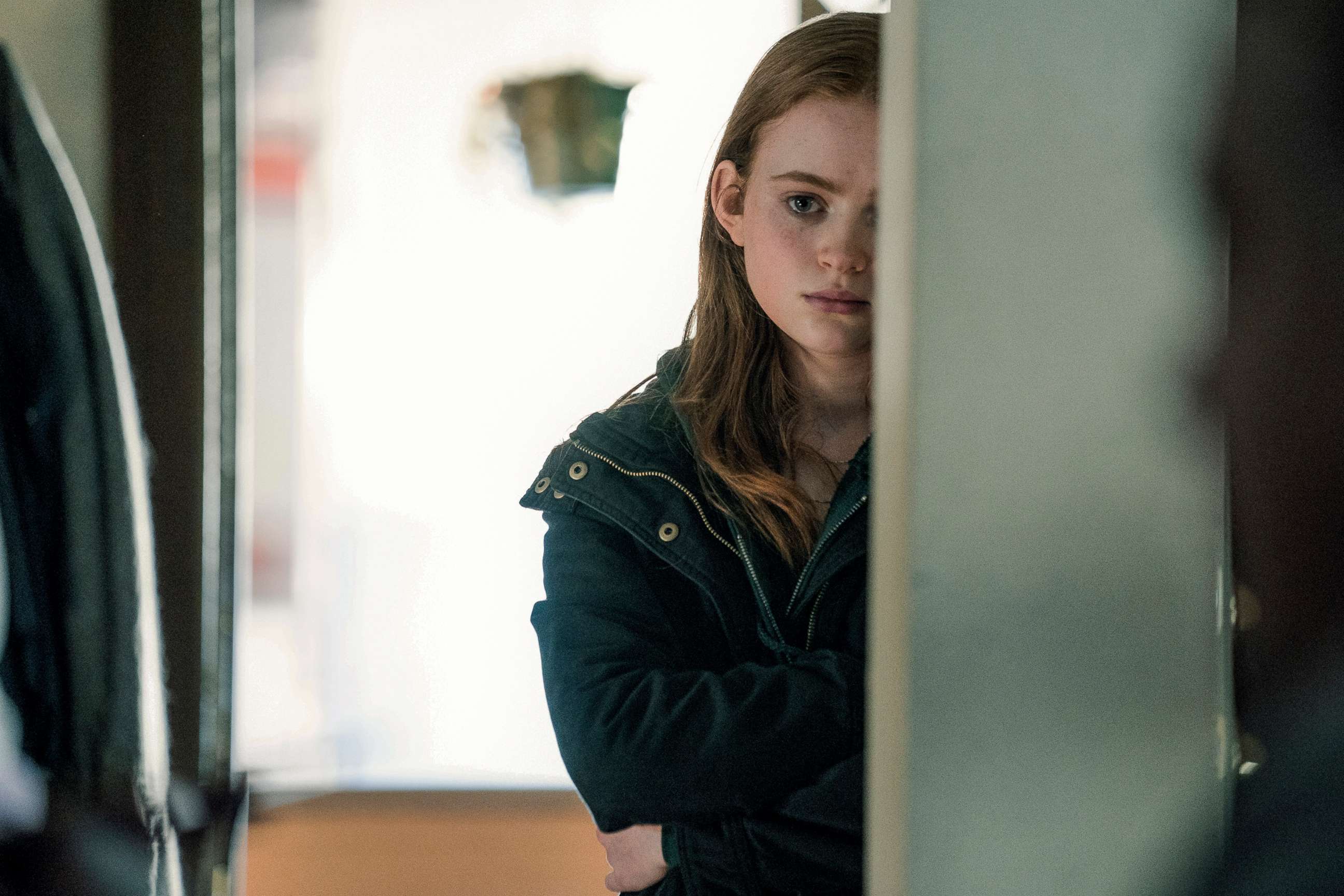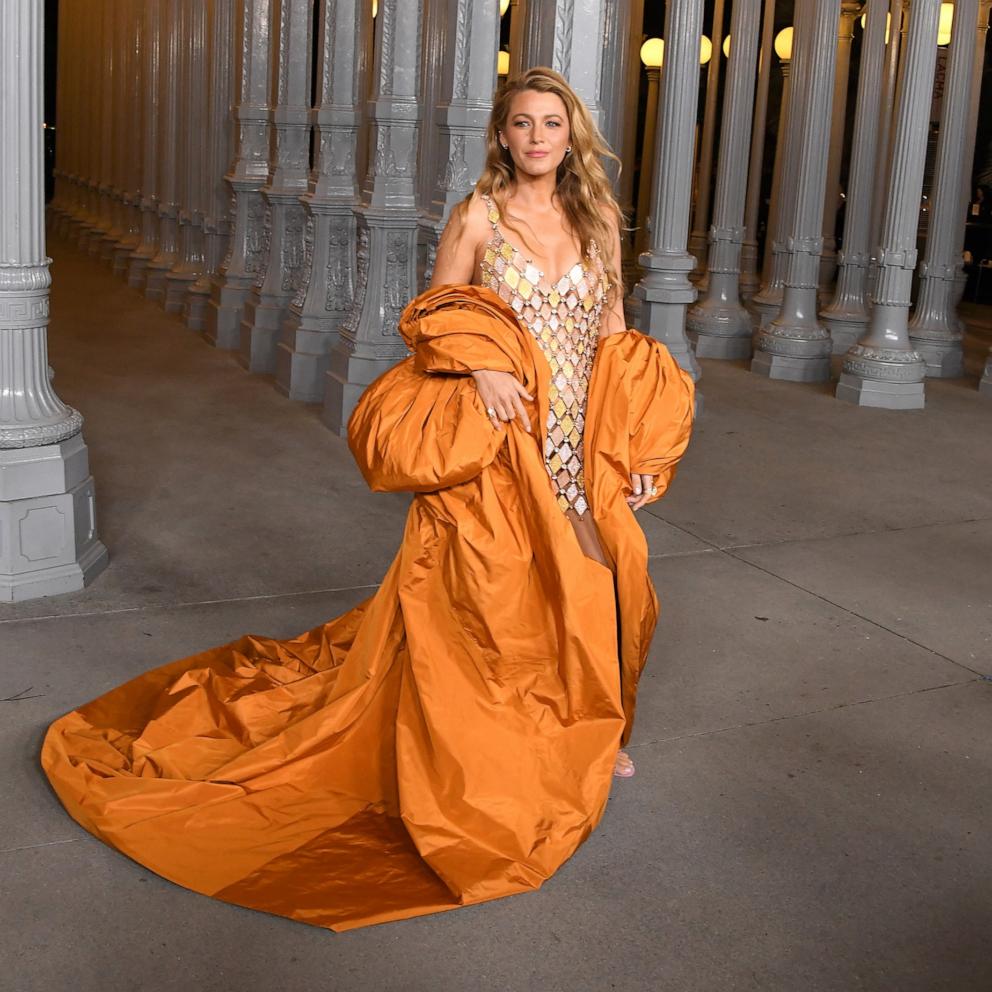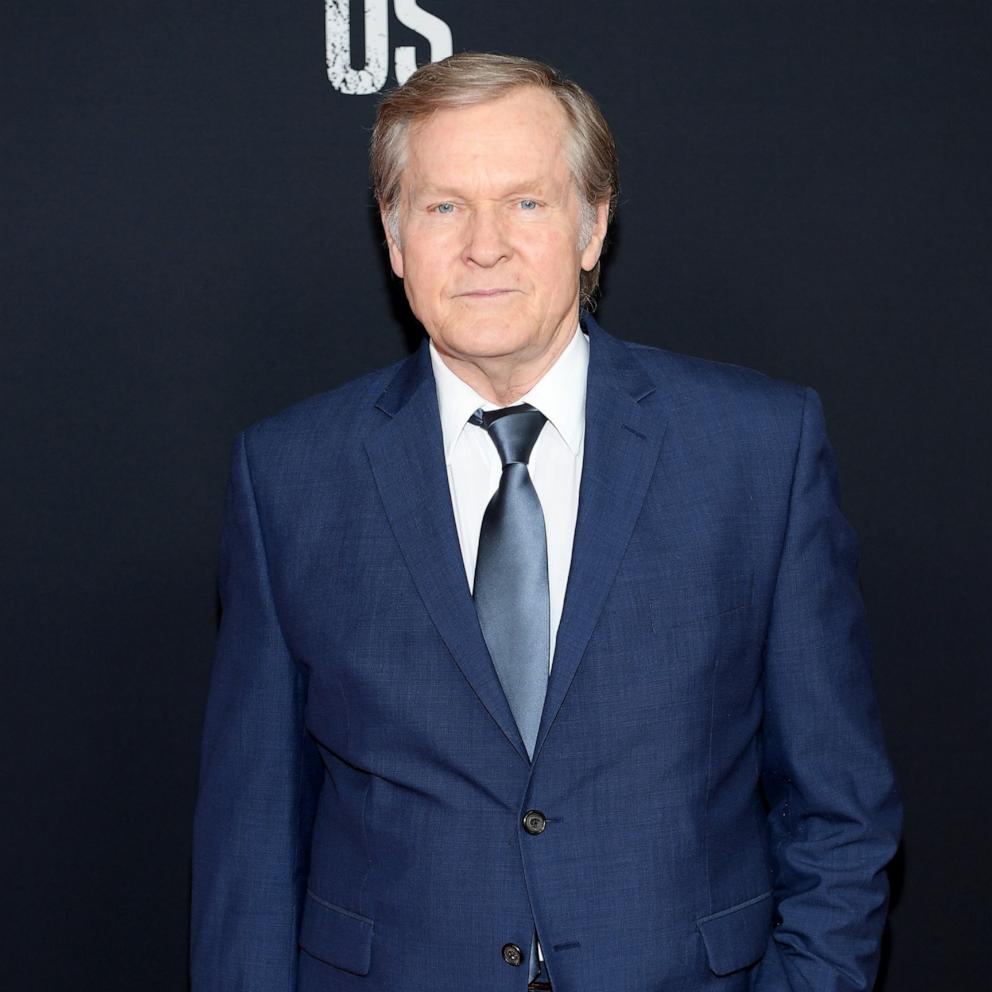Review: Brendan Fraser is absolutely extraordinary in a tour de force performance in 'The Whale'

Brendan Fraser is on the march to Oscar. That's how astonishing his acting is in "The Whale." Check out his milestone performance in theaters where his role as a morbidly obese recluse has earned him standing ovations at film festivals from Venice to New York.
Fraser, scoring a comeback after making his name in body-beautiful roles in "George of the Jungle" and "The Mummy" franchise, has won near universal praise. A few dissenters object to what they call "fat suit acting," using prosthetics and makeup on Fraser instead of hiring an overweight performer to play a man tipping the scales at 600 pounds.
I respect the idea of fairness behind that criticism while thinking it can be taken too far. Acting as an art form depends on using all the tools available for interpretation.

Should Sarah Paulson's Emmy-nominated artistry be impinged because she wore a fat suit to play Linda Tripp in "Impeachment?" Should the brilliant Michelle Williams, a non-Jew, be faulted for playing Steven Spielberg's mother in "The Fabelmans?" Where will it end -- with only serial killers being allowed to play serial killers?
Wherever you stand on this issue, don't let it distract you from experiencing the commitment and empathy which Fraser invests in the character of Charlie in "The Whale."
As expertly directed by Darren Aronofsky ("Black Swan") and written by Samuel D. Hunter from his play of the same name, "The Whale" never turns away from Charlie's humanity, not even when he seems to be eating himself to death by gorging on pizza, fried chicken and candy bars.
Charlie supports himself by teaching writing online—he turns off his camera so his students can't see him. He has a friend in Liz, a nurse played with wonderful warmth and humor by the utterly sublime Hong Chau, a ray of sunshine in a film painted in shades of bleak.
Charlie, suffering from congestive heart disease, tells Liz he can't pay for medical care. That's a lie since Charlie has $120,000 saved for his estranged teen daughter, Ellie (Sadie Sink from "Stranger Things"), who Charlie hasn't seen since he left her mother (Samantha Morton) for his gay lover. The man, Liz's brother, killed himself, leading Charlie to binge away his sorrow.

The film doesn't even try to disguise its theatrical roots, cramming all these characters plus a young missionary (Ty Simpkins) into a cramped second floor apartment on a front porch in Idaho. The film follows Charlie in what might be the last week of his life.
Aronofsky brings visual dynamism to a claustrophobic atmosphere that could be deadly in less skilled hands. It's Fraser who keeps us riveted as he shows the optimism that keeps shining through Charlie's grief, a hope for his angry, wounded daughter and the students to whom he assigns essays on Herman Melville's "Moby Dick," the whale from whom the film gets its title.
In the essay Charlie loves the most, the writer claims that Melville used all the boring descriptions of whales "to save us from his own sad stories, just for a little while."
And just for a little while -- the two hours it takes for "The Whale" to run a direct path to your heart -- Fraser shows us what it means to truly care about people.
"You're amazing," Charlie tells the daughter who finally sees past his body to find his pain.
Fraser is absolutely extraordinary in a tour de force performance that ranges from subtle to shattering and makes "The Whale" more than essential viewing -- it's some kind of miracle.




